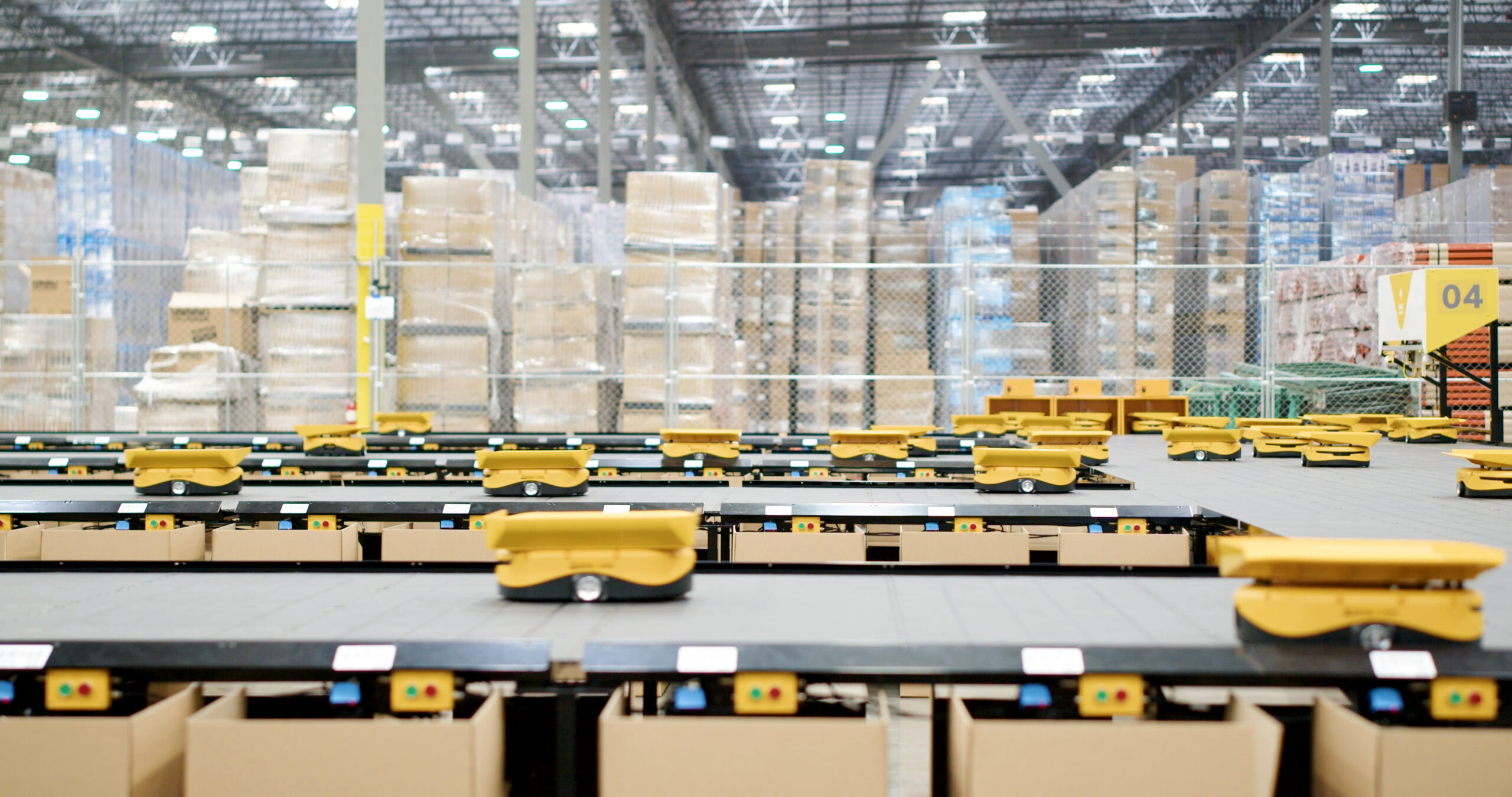The complexity and expense of managing supply chains are escalating, exacerbated by extreme weather and geopolitical unrest, alongside rising material costs squeezing budgets tighter.
Organizations urgently seek ways to cut costs while boosting efficiency. Could artificial intelligence (AI) be the solution? A recent BCG survey of 770 senior leaders showed that disruptions are a primary driver behind cost reduction initiatives, with the supply chain a key focus for potential savings.
The Focus on Supply Chain Costs
Amidst inflationary pressures, companies are scrutinizing supply chain costs more closely. BCG’s research indicates that rising material costs, spurred by broader macroeconomic shifts, are prompting a reevaluation of these expenses.
Different industries face distinct challenges. Retailers and consumer goods companies, for example, are navigating supply chain disruptions and competition from lower-cost labor markets. Manufacturers are grappling with a need for skilled labor to support increasing automation.
The Role of AI in Cost Reduction
Organizations are exploring various strategies to manage supply chain expenses, including enhancing warehouse operations, nearshoring, and consolidating shipments. AI, however, is emerging as a critical tool for achieving deeper cost efficiencies.
AI’s application in supply chain operations varies, heavily reliant on the quality of data available. It shows particular promise in areas like demand forecasting and network optimization, where structured, accessible data enables it to thrive. Nearly half of the leaders surveyed by BCG anticipate significant contributions from AI to their cost optimization efforts within the next year and a half.
Nevertheless, integrating AI into more complex aspects of the supply chain, such as sales and operations planning and supplier collaboration, remains challenging due to their dependence on human input and processes. Yet, AI can still enhance decision-making, helping reroute deliveries or select suppliers based on real-time data.
Successful AI implementation in the supply chain rests on a robust data foundation and adapting to evolving skills requirements. Organizations must prioritize data quality and invest in training and reskilling their workforce to accommodate new digital competencies. This not only facilitates AI integration but also helps retain crucial institutional knowledge and promotes a continuous learning culture.
As supply chains become more volatile, strategic optimization using AI is not just beneficial—it’s essential. Companies that integrate AI thoughtfully within their operations are poised to manage disruptions more effectively, control costs, and seize new opportunities. AI isn’t just a technological upgrade; it’s a strategic imperative for modern supply chain resilience.
Harnessing the power of AI to revolutionize the supply chain is not just a new trend it’s the new foundation of a smarter supply chain. At Cubework, we recognize the transformative potential of AI in optimizing supply chain operations. By embedding advanced AI technologies into our operations, we’re not only boosting efficiency and reducing costs but also enhancing our ability to adapt swiftly to market changes. This proactive approach ensures that we can provide robust support to our clients and partners, helping them navigate the complexities of the supply chain with confidence and agility.
-Dale Ro
Cubework Business Management Manager

Leave a Reply